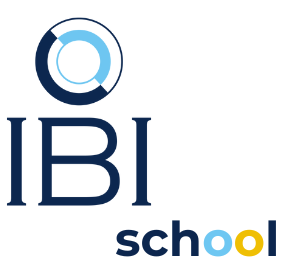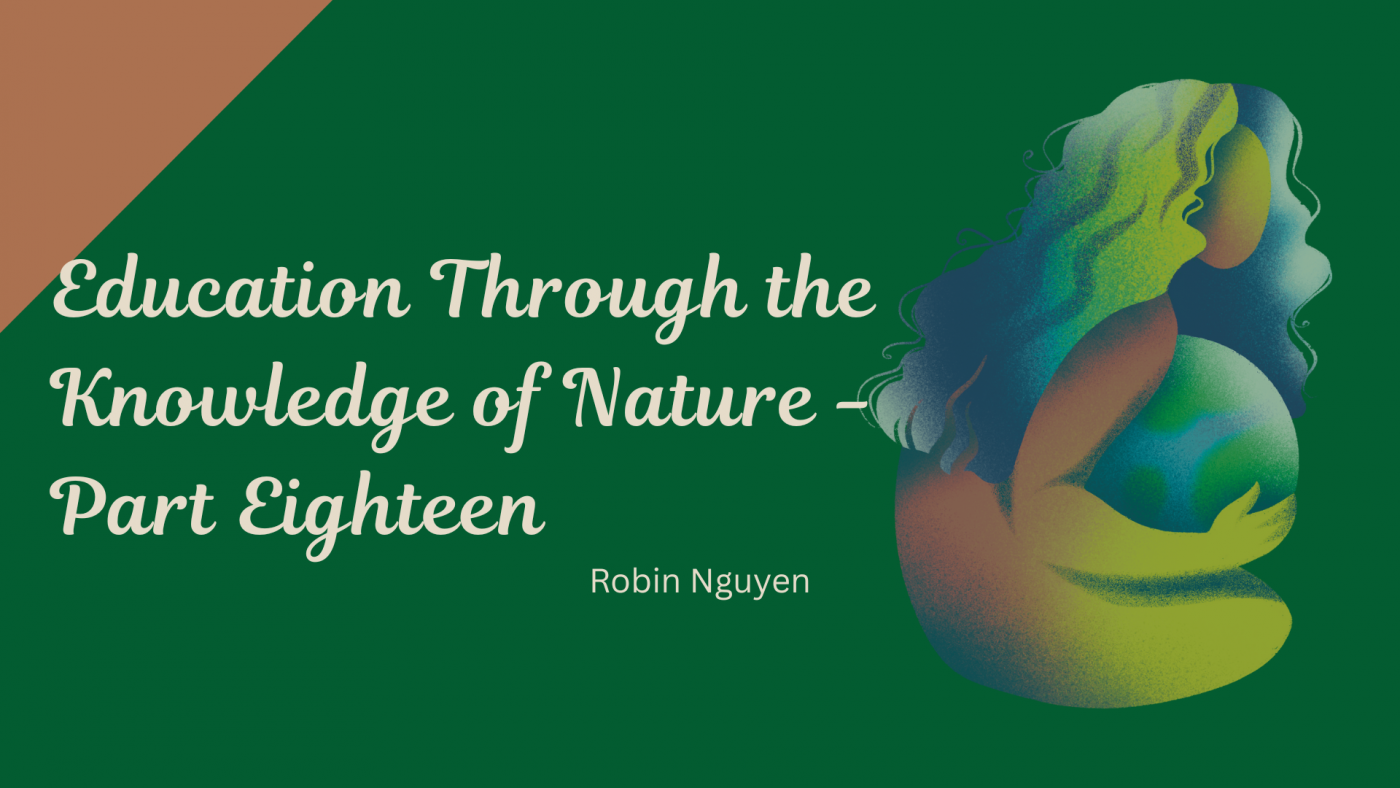“One of the biggest issues today is our disconnect from nature—a trend that alarmingly extends even to younger generations.” Robin Nguyen
Part Eighteen: Why Parents Need to Flip the Learning
As parents, we’ve often noticed that when we ask our children to learn something new, they resist or approach it hesitantly. The main reason is simple: it’s either not something they’re interested in, or—even if they are—human beings generally don’t like being told what to do.
Instead of assigning tasks, we can flip the approach by asking them, “What book or project would you like to explore?” When we give them the freedom to choose and some time to research on their own, they take ownership of the process—and that’s when real enthusiasm for learning begins to grow.
The key is that when we flip learning, we also flip the process: instead of parents or teachers doing the teaching, students take the lead in their own learning. Children become the true center of the learning process. The ultimate goal of education is to raise a new generation of self-directed, lifelong learners.
Think about it—before starting a new project, professionals always “do their homework,” right? Businesses always conduct market research before launching a product, right? In every field, we prepare, explore, and take initiative. So why, when it comes to our children, do we still rely on the traditional model of simply listening to teachers and doing homework afterward?
Self-study empowers children to dive deeply into their potential. By taking ownership of their learning, they become proactive and confident in exploring their strengths. This process allows them to actively discover their interests and, ultimately, uncover their own passions.
When our education system embraces a truly innovative flipped learning model—one that connects home and school—we will raise a generation that is not only healthy in body and mind, but also responsible, empowered, and ready to shape the future.
As we know, the philosophy of Buddhism emphasizes personal development by encouraging us to learn from within. Flipped learning draws inspiration from this principle, as it shifts the focus inward and empowers learners to take ownership of their growth.
Author: Robin Nguyen


